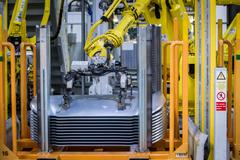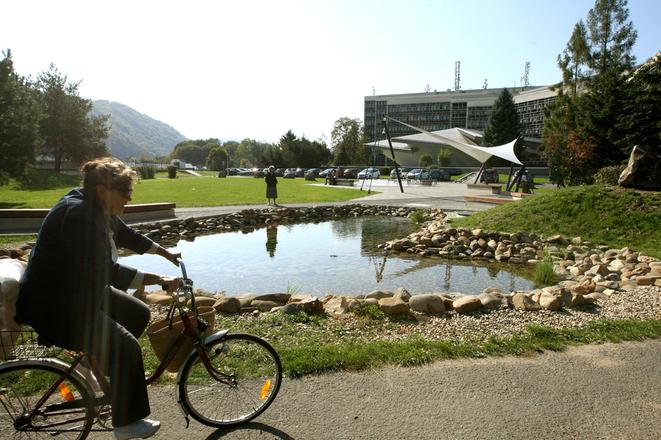Only one-third of companies in Slovakia can be described as innovative, according to Eurostat data, which analysed how innovative the companies in the EU 28 are. This included patents and new methods of production and operation, said Lenka Buchláková, analyst with the Slovenská Sporiteľňa bank.
A half of European companies came up with more efficient models of production in 2016, the data suggests. On the other hand, Slovakia markedly lags behind, partly due to legislation and weak support from the state.

Slovakia has made progress in the IT sector. By contrast, Ireland has invested in small and medium-sized companies, Luxembourg supports research and Belgium has launched a number of innovative projects, Buchláková explained.
Focus on the environment
Eurostat focused on the companies that invest more in innovation to protect the environment. By 2040, the world will need 30 percent more energy than it currently has. New methods of energy production and distribution are required.
“Many European firms have publicly proclaimed that they have made steps to seek new and innovative methods of production,” said Buchláková, as quoted in a press release. “Recycled and compostable packages should thus enter the market in the years to come.”
To withstand the competition, innovation is the only way to succeed, she added. Currently, only a quarter of 25 million tonnes of the plastic waste get recycled in the EU.

EU to support recyclable plastic
The European Commission has also decided to help firms by allocating €100 million for the development of recyclable plastic materials.
Furthermore, most disposable products are said to disappear by 2025 in the EU.
The EC study has confirmed that if the circular economy was implemented in all economic sectors by 2030 in five countries, such as France, Finland, the Netherlands, Spain and Sweden, carbon emissions in the air would drop by two thirds, firms would save on the costs, and 1.2 million of new jobs would be created, Buchláková said.



 (source: Sme - Ján Krošlák)
(source: Sme - Ján Krošlák)